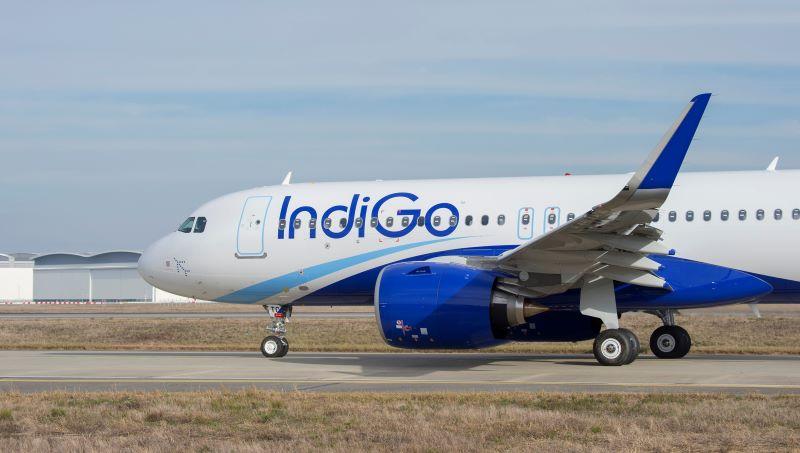
Credit: Airbus - Master Films - Hervé Goussé
Relief is in sight for airlines grappling with current-generation engine reliability issues, but some carriers may have to put up with delays getting parts or airworthy engines for several more years. “We are not yet at the level we and our customers expect,” said Chris Calio, President and COO of...
Subscription Required
This content requires a subscription to one of the Aviation Week Intelligence Network (AWIN) bundles.
Schedule a demo today to find out how you can access this content and similar content related to your area of the global aviation industry.
Already an AWIN subscriber? Login
Did you know? Aviation Week has won top honors multiple times in the Jesse H. Neal National Business Journalism Awards, the business-to-business media equivalent of the Pulitzer Prizes.





